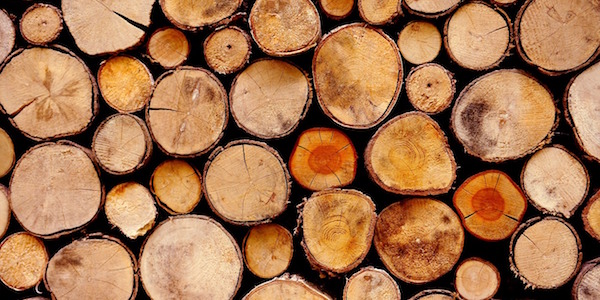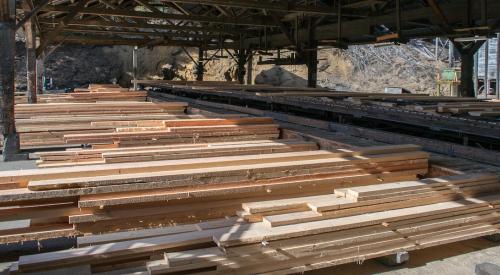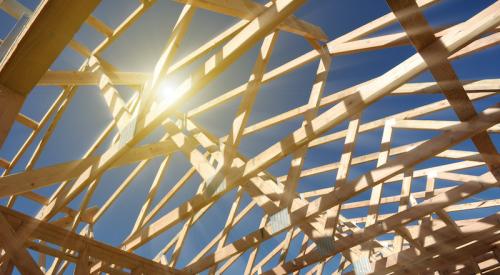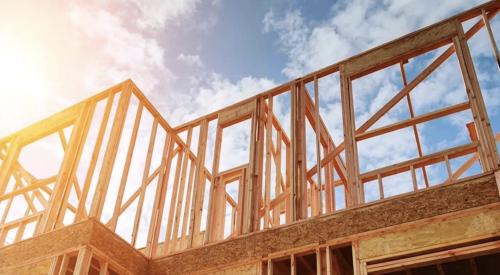Home builders recently completed four days of talks with Chilean government, trade, and industry officials geared toward increasing exports of softwood lumber and other wood products to North America.
“The meetings with more than 100 Chilean lumber-producing companies, trade organizations, and government officials were extremely productive,” said Jerry Howard, CEO of the National Association of Home Builders (NAHB). “We support opening up competition in the U.S. lumber market because we know that it will benefit American families who want to buy homes and U.S. builders who are seeking a steady supply of affordably priced lumber.”
The talks addressed a range of issues, including establishing contacts among Chilean producers and American buyers and identifying and dealing with any policy barriers to increasing the volume of Chilean exports from their current level.
The NAHB made contacts with two of the three largest Chilean lumber producers and a number of other smaller producers that all indicated they will work together with their government to help increase exports. In addition, the NAHB was able to meet with Swedish lumber producers in Chile. They expressed interest in continuing conversations about increasing lumber exports to the U.S. and building a stronger relationship.
The meetings in Chile come at a time when the U.S. and Canada are in discussions over a new softwood lumber trade agreement between the two North American nations. Though U.S. home builders would ideally prefer to purchase all of their softwood lumber and wood products from domestic producers, America today does not have the domestic capacity to meet its lumber demand. Canada is by far the largest exporter of softwood lumber into the U.S. The latest three-year average share of Canadian imported lumber in the U.S. market is 28 percent.
A nine-year softwood lumber agreement between the U.S. and Canada expired in October 2015. The agreement established a system of fees and quotas on Canadian imports to the U.S. triggered in response to changes in the market price of softwood lumber. The two nations are engaged in a one-year “cooling off” period—meaning no trade disputes can be filed by either country regarding softwood lumber imports—until Oct. 12.
Since the 1980s, numerous disputes have disrupted trade patterns, leading to unnecessary cost increases for industries such as home building that rely on softwood lumber, and straining U.S. relations with its neighbor to the north.
(Click image to enlarge)














